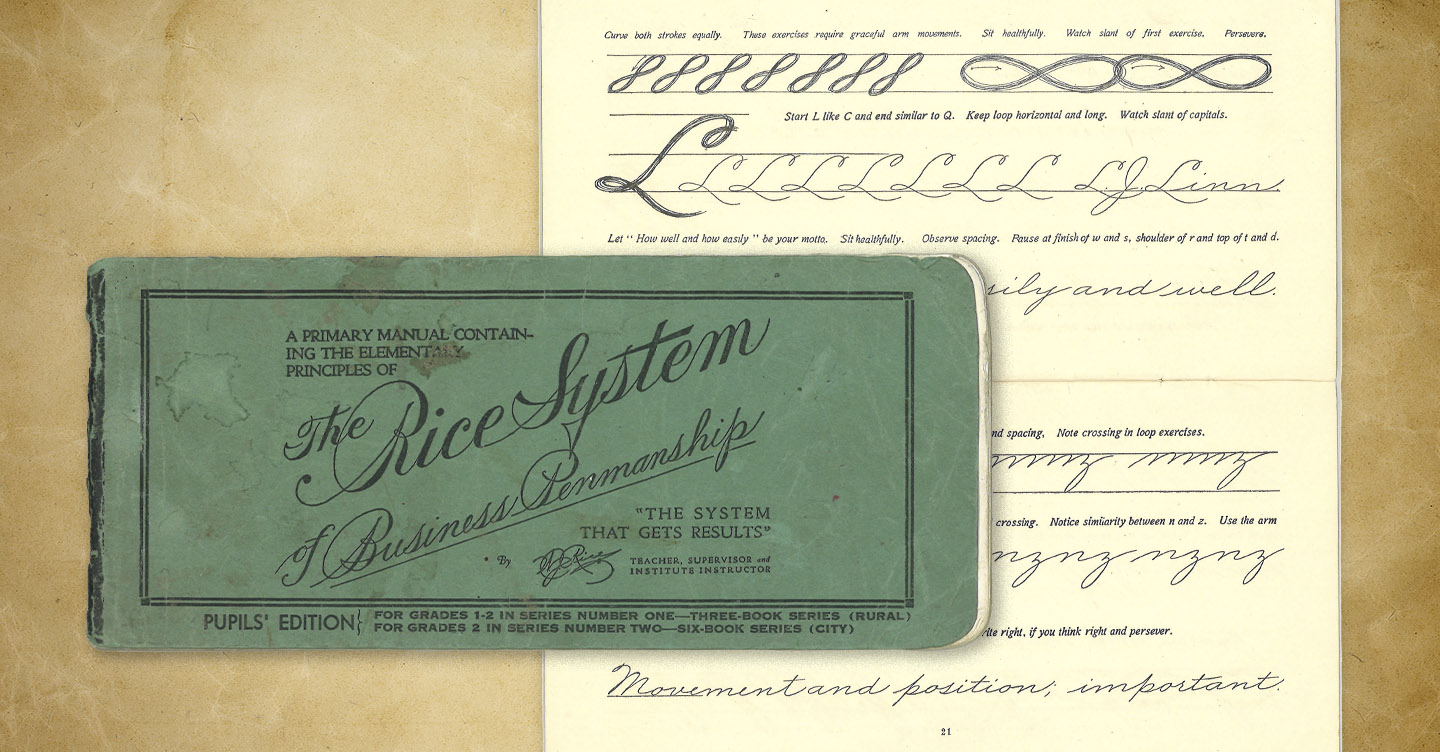I used to think math was fun. But that was before fourth grade, the year that math went from cool to cruel. All because of two simple words.
Long division.
I can still feel the frustration of being trapped at the kitchen table, long after dinner ended, solving row after row of division problems on ditto paper. I just didn’t get the point of all that busy work.
“Why can’t I use a calculator instead?” I asked my mom.
She gave me the standard (and totally unsatisfying) parent answer that long division was good for me. That it was teaching me how to solve problems. I didn’t buy her reasoning then, and I’m not sure I buy it now. But – as Murphy’s law of parenting would have it – I’ve run into the same question with my sixth grader this year.
Except his struggle isn’t with long division. It’s with handwriting.
Many nights, my son finds himself stuck at the kitchen counter, long after dinner has ended, writing paragraph after paragraph on lined notebook paper. He just doesn’t get the point of handwriting.
“Why can’t I use the laptop instead?” He asks.
It’s a fair question. For years, people have predicted that handwriting (especially cursive) will soon become obsolete – replaced by a keyboard or smart phone. However, that hasn’t been my experience at all. If anything, these days I write more notes, sketch more concepts, and jot down more ideas. Sure, I get around to using technology. Eventually. But it’s never where I start.
For me – and the rest of our team, I’ve noticed – the creative process begins with writing and drawing by hand. I’m convinced it’s because these kinesthetic tasks force us to slow down. And think more deeply.
There’s research to support that idea. A 2020 study from Frontiers in Psychology found that writing by hand is a more complex mental task than pressing keys. It requires a combination of visual, fine-motor, and processing skills. Compared to typing, handwriting and drawing stimulate a larger portion of the brain and produce more complex neural networks.
So, there really is a benefit to writing by hand. It makes us smarter.
I can’t wait to share that revelation with my son the next time he complains about a handwriting assignment for school. Just don’t expect me to believe that long division works the same way.

The penmanship books above belong to our own CK Anderson, who spent hours as a kid, practicing his penmanship. He’s obviously very smart, and now we know why.

